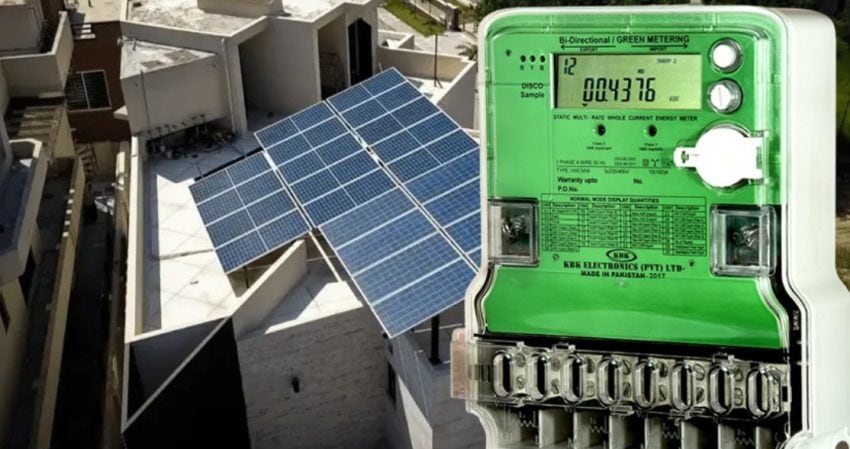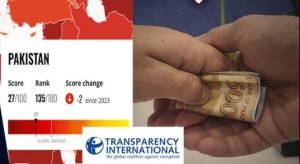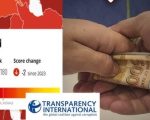ISLAMABAD – As Pakistan made significant strides in solar energy adoption through initiatives, the country has expanded its solar capacity, with strong contributions from private companies and government subsidies.
Lately, Federal Tax Ombudsman (FTO) issued a directive requiring power distribution companies (DISCOs) across Pakistan to apply 18pc sales tax on electricity supplied to consumers using solar net metering.
The decision stated that taxes be calculated on the total electricity supplied, including any excess power fed back into the grid. The new ruling clarified that net metering adjustments cannot be used to reduce the taxable amount, meaning that the tax will be applied to the full value of electricity usage, not just the net consumption.
Furthermore, the ruling extends to withholding of income tax under Section 235 of the Income Tax Ordinance 2001, stipulating that it should also be levied on the gross amount, not the net metered value.
Tax Ombudsman’s decision follows a complaint from a K-Electric consumer, who argued that the power company had been charging both sales and income tax on its bills, while other DISCOs had failed to comply.
K-Electric was the only company found to have adhered to the legal tax provisions, while 11 other DISCOs, including LESCO), IESCO and others were not in compliance.
The ruling is expected to affect thousands of solar energy consumers, many of whom had adopted solar net metering as an environmentally friendly and cost-effective alternative to traditional electricity consumption.
FBR has been instructed to ensure immediate compliance from all DISCOs and to investigate the reasons behind non-compliance with the tax laws. The response from the FBR and NEPRA is awaited as the industry braces for the potential impact of this decision.
Advanced solar solutions to support Pakistan’s renewable energy transition













